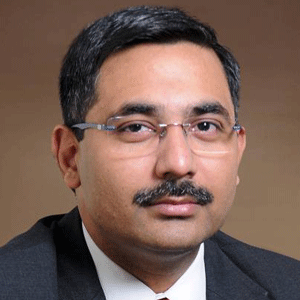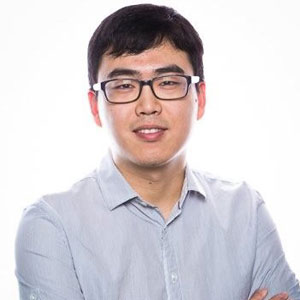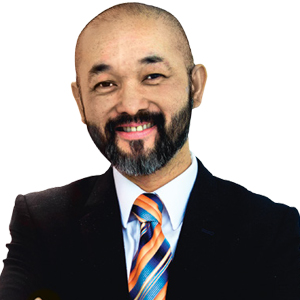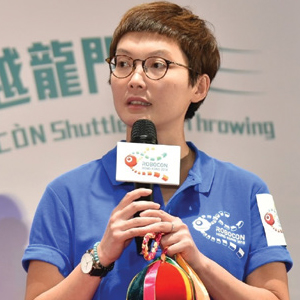THANK YOU FOR SUBSCRIBING
Editor's Pick (1 - 4 of 8)

E - Health - Unlocking the Pathway to Preventative Healthcare
Sashidhar Thothadri, Vice President Asia, Mobile Connectivity Solutions & Analytics & IoT Solutions, Thales

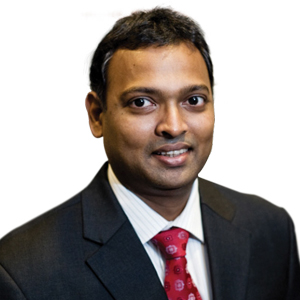
Sashidhar Thothadri, Vice President Asia, Mobile Connectivity Solutions & Analytics & IoT Solutions, Thales
The Internet of Things is taking this one step further by leveraging mobile technology and enabling devices to automatically send real-time data to backend IT systems via wireless networks. This technology, known as mHealth, is transforming the medical industry, enabling new services, improving patient care and reducing time and cost inefficiencies.
Telehealth and mHealth solutions leverage machine-to-machine technology to deliver health services in an efficient, accessible way. For example, by providing real-time, remote monitoring for chronic illnesses such as diabetes, sleep apnea or heart disease, mHealth solutions can help individuals detect sicknesses in advance, thereby avoiding unnecessary hospitalization, and reach people who live in isolated areas.
From the patient’s point of view, their medical records are a single series of sequential care events, regardless of where these events were performed. But what actually goes on behind the hospital curtains?
The healthcare industry relies on a spectrum of medical devices to assess patient wellbeing, from weight scales and thermometers to blood pressure devices, oxygen monitors, glucometers and heart rate monitors. These devices work as individual units, measuring different aspects of a patient’s condition and equipping healthcare providers with data to get a complete picture of overall health – all of which are made possible with mHealth solutions.
In fact, the World Health Organization has stated that 58% of its Member States have an electronic healthcare strategy to make universal health coverage achievable.
Insights for smarter living
On a level that hits closer to home, technology has the ability to augment and enhance our way of life, through artificial intelligence built into our personal digital assistants, or viasmart watches or fitness trackers that help monitor our well-being.
The trackers count steps, indicate heart rate, monitor sleep quality and most importantly, give feedback in the form of data-driven insights. These trackers have become instrumental to preventative healthcare. It is a miniature data acquisition system that uses sensors to detect personal characteristics.
Most trackers collect this data, analyze it, and present it to users in an illustrative way. This data can now also be used not only to initiate a healthier lifestyle, but also to provide medical professionals with data necessary to identify certain lifestyle disorders such as vitamin deficiencies and cardiovascular health.
The increasing awareness surrounding the benefits of eHealth systems is expected to contribute substantially towards the development of the global market. Suffice to say, the advancements in healthcare technologies will be a formidable force in Singapore and beyond – paving the way for the world to look to our nation as a blueprint for what can be achieved with the right mix of government leadership, innovative technology, and widespread commitment to improving efficiencies in health.
Check this out: Top Sleep Disorder Care Solution Companies
Weekly Brief
I agree We use cookies on this website to enhance your user experience. By clicking any link on this page you are giving your consent for us to set cookies. More info
Read Also





